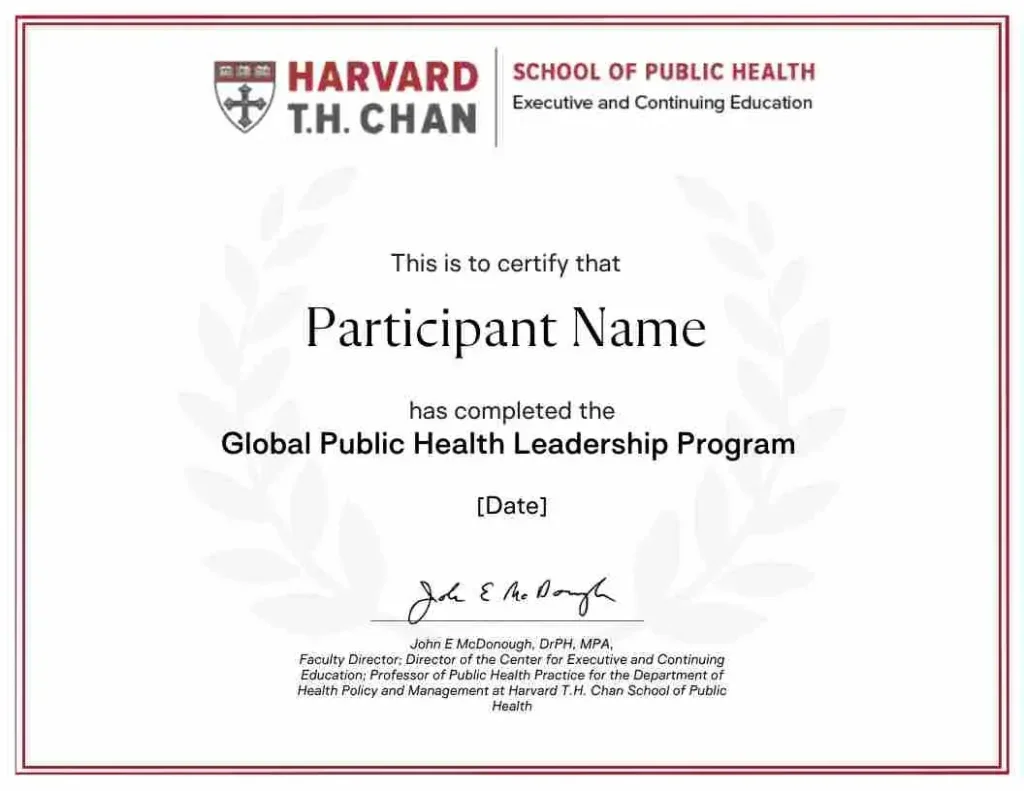Financial Management in Health Care for Non-Financial Managers
This program is not currently available for registration. Click subscribe to be notified when information becomes available

Summary
Enhancing Financial Literacy for Health Care Professionals
Despite having extensive expertise, high-level health care stakeholders have not always developed the financial literacy needed to manage organizations and create financially sound strategies for delivering health care.
Program Overview
Healthcare has many unique aspects that make financial control as critical as it is challenging to manage. In the U.S., this includes recent shifts in healthcare policy towards payment structures that provide incentives for high-quality and efficient care, and shift of focus to a value-based care from traditional volume-based care. Similar complexities are impacting the financial part of healthcare management around the world. To help ease the impact, Financial Management in Health Care for Non-Financial Managers will increase healthcare leaders’ competence in the critical area of financial management and control.
Participants in this online program, led by Harvard experts, will benefit from a combination of learning approaches, such as case studies and interactive classroom discussions.
By the end of the program, you will have the understanding and skills to more effectively manage the planning- and control-related activities of your department or division. This includes the ability to interact more effectively with the finance personnel in your hospital and practice settings.
Note: While much of the framing focuses on the U.S. system, the concepts are universally applicable. Key financial concepts covered in this course include:
- Differential Costs
- Full Cost Accounting
- Management Control Structure
You will learn methods for determining the full cost of delivering healthcare, examine fixed costs, variable costs, direct costs, indirect, as well as when differential costs should be used rather than full costs.
Objectives & Highlights
Within a learning environment that will facilitate career growth, you will develop an understanding in the following critical areas:
- The practical application of cost accounting and management control concepts in healthcare
- Basic knowledge of cost accounting, including full cost and differential cost accounting
- Management control structure and processes
- By developing financial literacy taught in this course, you will be better able to:
- Gain financial acumen that is necessary to be an effective healthcare leader
- New strategies for planning- and control -related functions that can be applied immediately on return to work
- Interactive discussion groups that facilitate the sharing of experiences, address specific challenges, and create real-time solutions
- Wisdom and expertise of Harvard faculty experts with field experience
- Essential financial concepts that are not provided through traditional clinical training
- Learn to speak the language of your CFO
Certificate of Specialization
Advance your Career with a Certificate of Specialization
This program contributes to the 3-program Executive Leadership in Health Care Certificate of Specialization. Click here for more information.
